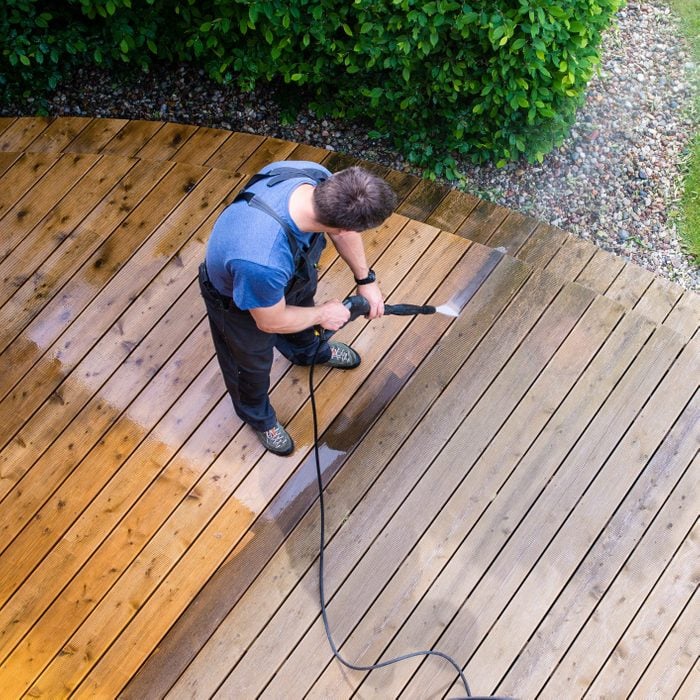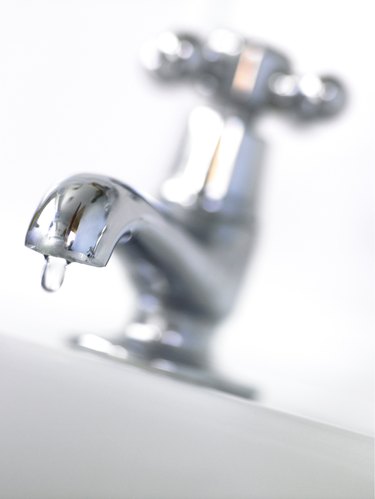Techniques to Deal with Low Water Pressure in Your Home
Techniques to Deal with Low Water Pressure in Your Home
Blog Article
Here down the page you can discover more sensible help and advice around 4 Ways to Troubleshoot Low Water Pressure.

Low tide pressure in your home can be a frustrating issue, affecting everything from showering to washing dishes. If you're experiencing weak water flow, there are several feasible causes and services to check out. In this overview, we'll talk about typical reasons for low tide stress and practical steps to address the problem successfully.
Introduction to Low Tide Pressure
Low tide pressure occurs when the flow of water from your taps, showers, and other fixtures is weaker than common. This can make daily jobs a lot more tough and less reliable. Recognizing the reasons for low tide pressure is important to locating the appropriate service.
Typical Reasons For Low Tide Pressure
Pipeline Obstructions
Gradually, pipelines can end up being clogged with natural resource, sediment, or debris, restricting the circulation of water. This is an usual concern in older homes with galvanized steel pipes.
Rust
Rust within pipes can result in leakages and lowered water stress. Rust buildup can restrict water flow, especially in aging plumbing systems.
Faulty Pressure Regulatory Authorities
Stress regulators are accountable for keeping regular water pressure in your house. If they malfunction, it can cause low water pressure or unequal flow throughout the house.
Metropolitan Supply Of Water Issues
Often, the issue lies outside your home. Local supply of water issues, such as main line leaks or maintenance work, can briefly lower water stress in your location.
Just How to Detect Low Water Pressure
Examining Taps and Fixtures
Start by testing the water stress at different taps and components throughout your home. If the problem is isolated to details areas, it might indicate local problems.
Evaluating Pipes
Inspect noticeable pipelines for signs of leaks, rust, or blockages. Take note of any uncommon sounds, such as banging or rattling pipelines, which might show issues within the plumbing system.
Consulting with a Plumber
If you're unable to determine the reason for low tide stress, think about working with a professional plumber to conduct a complete examination. They can recognize underlying issues and advise suitable options.
Do It Yourself Solutions to Deal With Low Tide Stress
Cleaning Aerators and Showerheads
Mineral deposits can gather in aerators and showerheads, reducing water circulation. Eliminate and clean these parts consistently to enhance water pressure.
Flushing Hot Water Heater
Sediment accumulation in the hot water heater can restrict circulation and decrease performance. Flushing the tank periodically helps eliminate debris and keep optimum efficiency.
Examining Stress Regulator
Guarantee that the stress regulator is functioning appropriately. Adjusting or changing the regulator can aid restore appropriate water stress throughout your home.
Cleaning Clogs in Pipes
For minor obstructions, attempt using a plumbing serpent or chemical drainpipe cleaner to clear obstructions in pipelines. Be cautious when utilizing chemicals and adhere to safety standards.
When to Call a Professional Plumber
If DIY efforts stop working to resolve the concern or if you suspect significant plumbing problems, it's finest to seek assistance from an accredited plumber. They have the expertise and tools to address complex issues securely and efficiently.
Safety Nets to Keep Water Pressure
Routine Upkeep
Set up routine upkeep for your plumbing system to prevent concerns such as rust, leakages, and blockages. Attending to minor problems early can aid stay clear of even more substantial repair work later on.
Mounting a Stress Booster
Think about installing a stress booster pump to enhance water stress in locations with constantly low circulation. This can be specifically beneficial for multi-story homes or residential or commercial properties with high-demand fixtures.
Monitoring Water Use
Be mindful of water usage behaviors and prevent ill-using the plumbing system. Simple changes, such as incredible showers and laundry lots, can aid keep adequate water pressure.
Conclusion
Taking care of low water stress can be discouraging, yet recognizing the underlying causes and carrying out appropriate solutions can recover optimum flow throughout your home. Whether it's cleaning aerators, examining pipes, or talking to a plumber, taking proactive actions can make certain a consistent supply of water for your day-to-day demands.
How to Fix Low Water Pressure In Your Home
Municipal Water Supply Issues
Scheduled maintenance, high demand, and water main breaks are all potential causes for low water pressure within a city or county’s water lines. While there’s not much you can do to personally fix a problem with your city or county’s water supply system, you can play a big role in documenting the issue and alerting those who can.
How to fix it:
Ask your neighbors if they are experiencing any issues with low water pressure. If multiple homes are affected, it’s likely related to the city’s water line.
Contact the local Water Authority to see if there is any maintenance taking place that might be affecting your supply. Also let them know of your specific issues. If other homeowners report the same issues, they’ll know that there could be a larger issue to look into.
Faulty Fixtures
A damaged or clogged shower head, faucet or appliance is the first thing we’d suggest checking, especially if low water pressure appears to be isolated to a specific area of your home.
How to fix it:
First, turn off the main water supply to your home.
Check the affected appliances for build-up or debris. In the case of a faucet, you can simply unscrew the aerator at the tip of the faucet. Showerheads should be fully detached from the water pipe.
While the appliances are detached, you may want to check the water supply to determine if the fixtures were in fact the issue.
To clean, soak the showerhead or aerator in vinegar and brush off any visible debris.
Reattach the fixtures and check the water pressure again. If it is still low, there is likely a deeper issue at hand, which can be determined by a professional plumber.
Pipe Obstructions
Mineral deposits, rust or other debris within water pipes can lead to blockages or corrosion over time.
How to fix it:
When you think of a clog, you probably think of a drain clog. While there are many DIY solutions to clearing a drain, clogs in a water pipe will almost always require the help of a professional plumber. A plumber will be able to locate the affected pipe and clean out any debris or mineral deposit buildup. In severe cases, the pipe may need to be replaced. Your plumber might also recommend a water softening system to remove the minerals from your home’s water supply that can contribute to pipe blockages over time.
Plumbing Leak
Undetected water line leaks can divert water away from your residential pipes, reducing the water pressure in your fixtures.
How to fix it:
Check your water meter by turning off all water sources and monitoring the meter for any movement, which could be a clear indicator of a potential leak.
Check all visible pipes for signs of leaking, including water stains, active dripping or damp spots around the pipe.
Inspect fixtures, including faucets and showerheads, for any drips.
Test the pressure but recording the pressure with the main water valve shut off. Leave off for a few hours and test again. A significant drop in pressure is a clear sign of a leak.
https://kiddcoplumbing.com/plumbing-blog/how-to-fix-low-water-pressure/

How to Fix Low Water Pressure In Your Home
Municipal Water Supply Issues
Scheduled maintenance, high demand, and water main breaks are all potential causes for low water pressure within a city or county’s water lines. While there’s not much you can do to personally fix a problem with your city or county’s water supply system, you can play a big role in documenting the issue and alerting those who can.
How to fix it:
Faulty Fixtures
A damaged or clogged shower head, faucet or appliance is the first thing we’d suggest checking, especially if low water pressure appears to be isolated to a specific area of your home.
How to fix it:
Pipe Obstructions
Mineral deposits, rust or other debris within water pipes can lead to blockages or corrosion over time.
How to fix it:
When you think of a clog, you probably think of a drain clog. While there are many DIY solutions to clearing a drain, clogs in a water pipe will almost always require the help of a professional plumber. A plumber will be able to locate the affected pipe and clean out any debris or mineral deposit buildup. In severe cases, the pipe may need to be replaced. Your plumber might also recommend a water softening system to remove the minerals from your home’s water supply that can contribute to pipe blockages over time.
Plumbing Leak
Undetected water line leaks can divert water away from your residential pipes, reducing the water pressure in your fixtures.
How to fix it:
https://kiddcoplumbing.com/plumbing-blog/how-to-fix-low-water-pressure/
We were made aware of that article on 9 Reasons for Low Water Pressure in Your House from a buddy on another site. Sharing is caring. Helping others is fun. Many thanks for going through it.
This Site Report this page